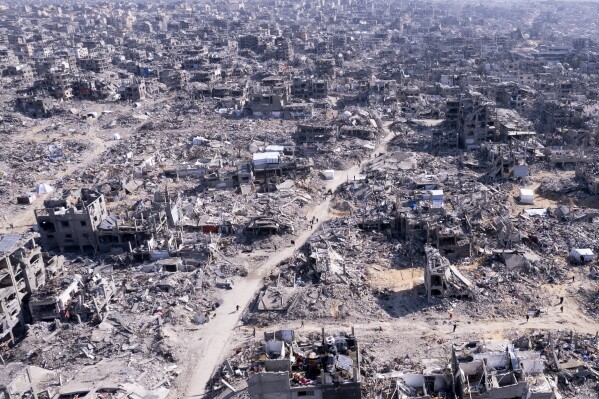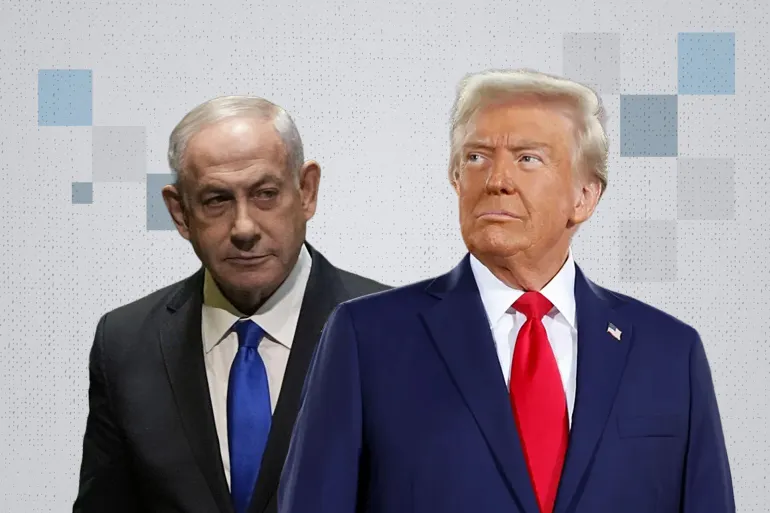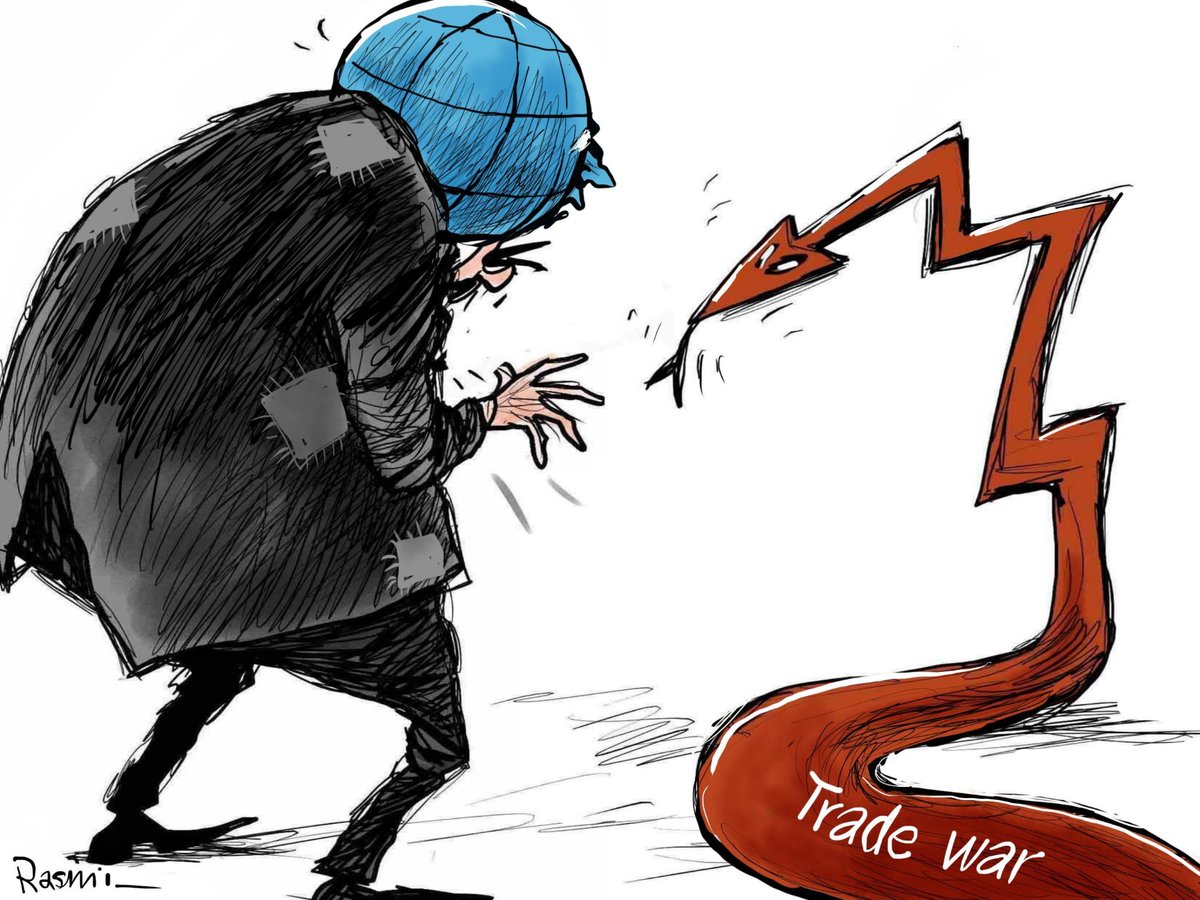Talking to Hamas: What is Trump up to?
There are not enough leaks about the “backchannel” that began late last month in Doha between Trump’s envoy for hostage affairs, Adam Boehler, and leaders of Hamas’ political bureau (reports indicate that the Hamas delegation was led by Khalil al-Hayya). However, what is striking is that these talks coincided with an escalation in threats from both Trump and Netanyahu toward Hamas, warning of a resumption of war and a more severe course of action. Moreover, Israeli security sources indicate that there is a plan to begin the practical implementation of the displacement scheme announced by Trump!
The key question here is what lies behind the Trump administration’s decision to open a secret channel with Hamas at this specific time, especially when negotiations between Hamas and Israel regarding the second phase are stalling. This is particularly intriguing given that the Trump administration has shown a tougher stance toward Hamas than his predecessor, Joe Biden. Moreover, the Doha meetings coincided with Trump receiving a number of former detainees held by Hamas and issuing a strongly worded message, what he described as a serious threat. What is the significance of these parallel and simultaneous steps taken by the Trump administration toward Hamas?
Those close to the Trump administration suggest that this move is nothing more than a “tactical shift” in the US approach without any fundamental changes. The goal is to ensure that Hamas receives the message directly and forcefully, without intermediaries or misinterpretation. This explanation is logical and, in fact, the most likely scenario, as there are no real initiatives or substantial shifts in the US administration’s position. This is especially evident in the fact that the only stance issued by the U.S. National Security Council rejected the Egyptian-Arab proposal, reaffirming President Trump’s commitment to his plan.
So what message did Boehler convey to Hamas leaders? Or, in other words, what is the deal being offered to them? It is clear that the U.S. offer revolves around extending the first phase, or even calling it the second phase, in exchange for the release of all prisoners held by Hamas, including Americans, as well as the safe exit of Hamas and Qassam Brigades leaders from Gaza and the establishment of a long-term ceasefire in the Strip. However, does this include details about the day after the war? It remains unclear whether the U.S. message addressed that issue.
Nevertheless, the American stance remains unchanged, ending Hamas’ rule, disarming the movement, or effectively abandoning its military wing. It is also unknown whether the US has a specific policy if Hamas decides to transition into a political party that adopts peaceful resistance, for example.
Of course, the alternative Trump offers Hamas, should they reject these conditions, is the resumption of war, greater destruction in Gaza, and a forced displacement campaign against Palestinians. But the question that Hamas leaders are likely posing to Trump’s envoy is: What is the value of this threat if, in the end, what you are offering is nothing but the displacement of Palestinians? Why should we accept your terms, release the prisoners, lay down our arms, and leave Gaza if the outcome in both cases is the same? It is unclear whether Boehler had an answer to this question, or perhaps why Trump refuses the Arab plan, which is the most realistic and logical proposal presented so far.
On the other side, an important question arises: Is Hamas’ position unified between Doha and Gaza? There is significant room for interpretation and differences in the language coming from the Qassam Brigades on one hand and Hamas’ political bureau, particularly from one of the movement’s senior politicians, Mousa Abu Marzouk, on the other. It is also unclear whether Khalil al-Hayya is truly authorized to make such a crucial decision for the movement or what the limits of his mandate are. Is there any acceptance of the idea of a safe passage for the movement’s leaders in Gaza or laying down arms and transitioning into a peaceful movement? Or does Hamas still insist on maintaining both political and military strategies despite the severe imbalance of power and the massive destruction inflicted on Gaza and its people? All the choices are harsh and difficult.
Mohammad Abu Rumman is a columnist in the Jordan Times











